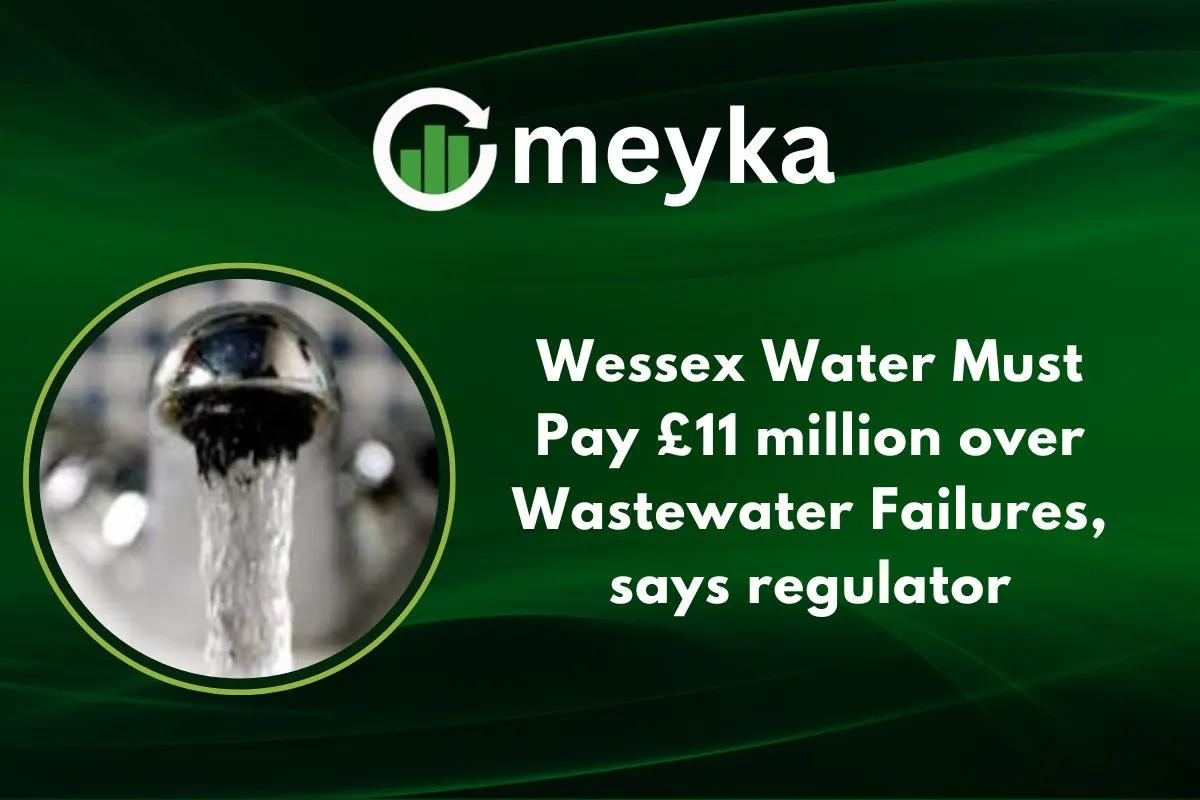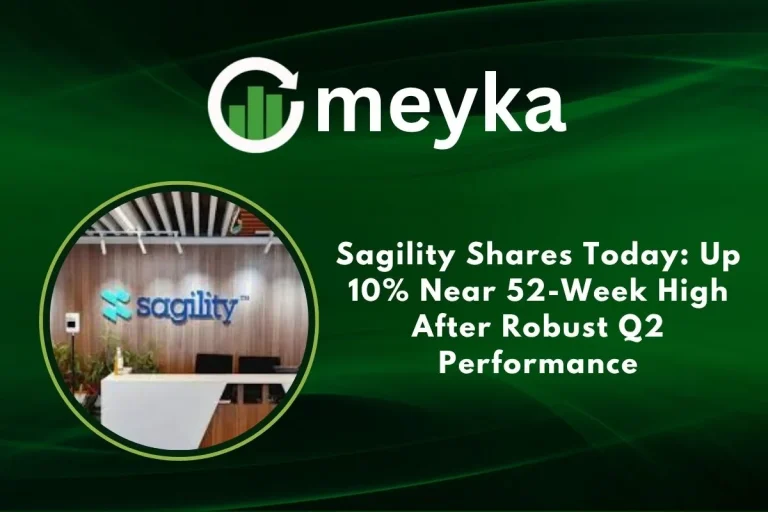Wessex Water Must Pay £11 million over Wastewater Failures, says regulator
We’ve just learned that Wessex Water has been asked to pay £11 million after the regulator found major failures in how the company managed its wastewater network. This matters to everyone because sewage and wastewater hide behind the scenes of our everyday lives. When things go wrong, the effects ripple out: rivers get polluted, people’s health can suffer, and our trust in basic services takes a hit. In the next few sections, we’ll explain what happened at Wessex, why the fine came, how the company is reacting, and what this means for you, for the industry, and for the environment.
Continue Reading on Meyka
This article is available in full on our main platform. Get access to complete analysis, stock insights, and more.
Read Full Article →





